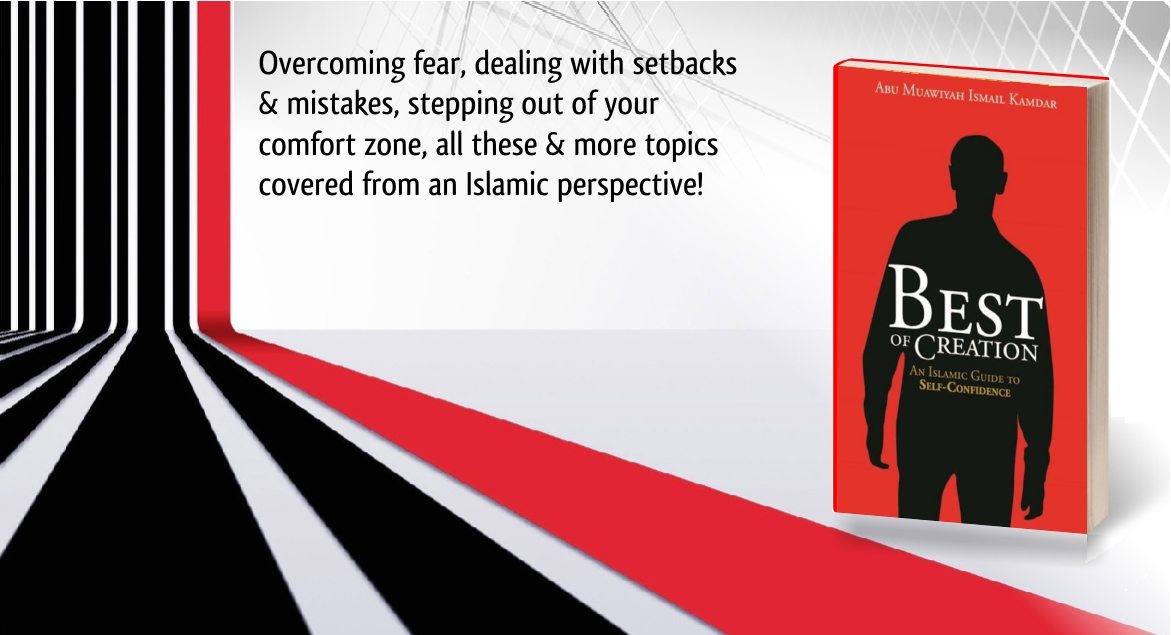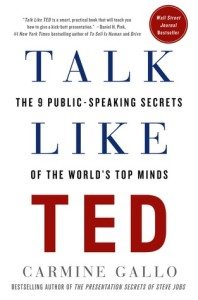The Islamic Hadith narrations emphasize positive thinking. Even though many Muslims today choose to think negatively about the world and its inhabitants, Islam actually encourages the opposite. Reflect on these five Hadiths and begin your journey of positive change now:
Hadith #1: Think Win/Win
Amazing is the affair of the believer. Definitely, all of his life is good and this is not for anybody except the believer. If something of good happens to him, he is grateful and that is good for him. If something harmful befalls him, he is patient and that is good for him. (Saheeh Muslim #2999)
This Hadith teaches us to approach all of life positively. The good times are opportunities for gratitude, and the difficult times are tests of patience. Both situations are good for us, so no matter what happens in our lives, there is always a way to benefit from it.
Hadith #2: Think Positive About Allah
I am as My servant thinks of Me. I am with him when he remembers Me. If he mentions Me within himself, I mention him within Myself. If he mentions Me in an assembly, I mention him in a better assembly. If he comes near to Me a handspan, I come near to him the distance of a cubit. If he comes near to Me the distance of a cubit, I come near to him the distance of two outspread arms. If he comes to Me walking, I come to him running. (Sahih Al-Bukhari #6856 and Sahih Muslim #4832)
In this important Hadith Al-Qudsi, Allah Himself informs us of the importance of positive thinking about Him. We must maintain good thoughts about our Creator and not allow the devil to place evil thoughts in our minds. The more positively we think about Allah, the more benefits we will gain from this in this world and the next.
Hadith #3: Avoid negative thoughts
Beware of suspicion, as suspicion is the falsest talk, and do not spy upon each other, and do not listen to the evil talk of the people about others’ affairs, and do not have enmity with one another, but be brothers. And none should ask for the hand of a girl who is already engaged to his (Muslim) brother, but one should wait till the first suitor marries her or leaves her. (Saheeh Bukhari #5970)
Negative thinking about our fellow Muslims is a root cause of enmity, jealousy, and disunity. This Hadith prohibits all causes of negative thinking, whether it be unfounded suspicion, backbiting, or spying. All these sins must be avoided.
Hadith #4: Make things easy
“Make things easy for the people and do not make things difficult for them.” (Saheeh Bukhari #6125)
This simple short advice was aimed primarily at those doing Dawah and teaching Islam. The principle forms one of the primary foundations of Shariah Law i.e. the principle of ease. There are multiple narrations that emphasize this same point. Islam was meant to make life easier for people. Make sure the way you call and guide people to Islam emphasizes the positives and attracts people towards the beauty of Islam.
Hadith #5: Positive Thinking at time of death
Whoever loves the meeting with Allah, Allah too, loves the meeting with him; and whoever hates the meeting with Allah, Allah too, hates the meeting with him. (Saheeh Bukhari #6508)
Positive thinking is so important in Islam, that it is emphasized at the time of death. Muslims should not only think good about their Creator, they should think best of Him. This is especially important at the time of death, that believers be encouraged to focus on Allah’s Mercy and Forgiveness. In doing so, they leave this world in a positive state of mind. Not only should we live positive lives, but we should die in a positive state of mind too.
May Allah protect us all from negative thoughts.
Read our ebook on Self-Confidence for more details on Tawheed-Based Personal Development.










